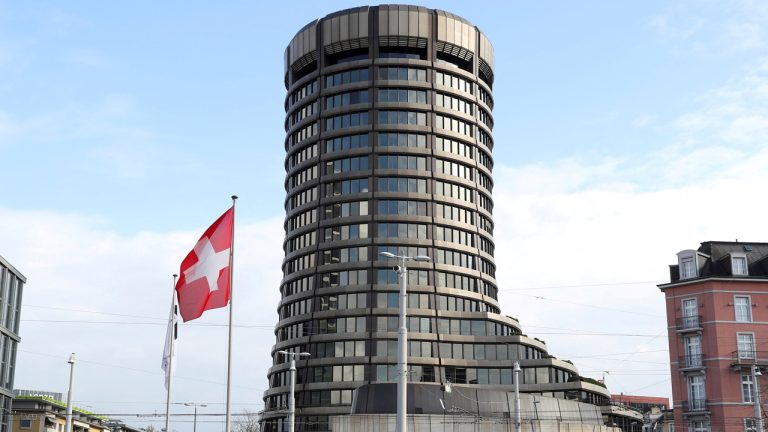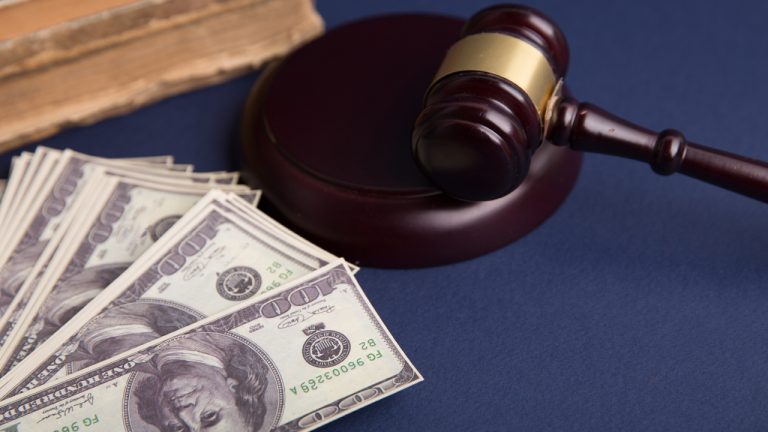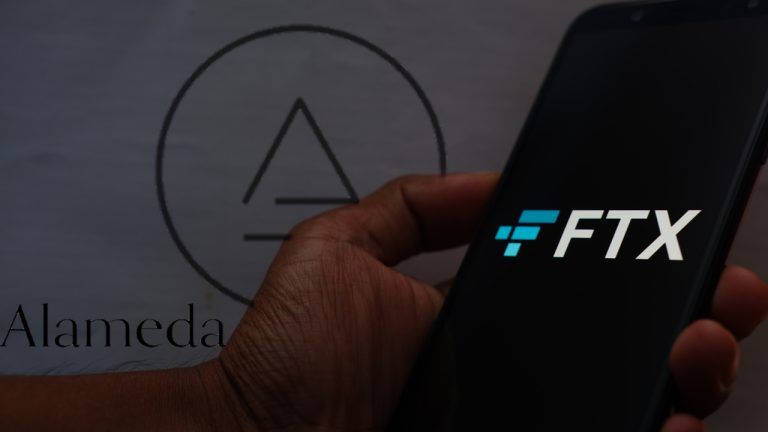
Multiple buyers were reportedly eyeing up FTX’s stake in the AI firm that was being sold off to recover funds for creditors.
The sale of FTX's $500 million stake in artificial intelligence startup Anthropic has reportedly been put on hold, adding a potential delay to the bankrupt crypto exchange's efforts to fill a $2 billion hole remaining in its balance sheet.
Citing people familiar with the matter, Bloomberg reported on June 27 that FTX’s advisory investment bank, Parella Weinberg Partners, paused the sale of FTX’s Anthropic stake this month, despite multiple parties being interested in buying FTX’s stake.
A sale of the stake would be a significant monetary recovery for FTX. A June 26 report by FTX restructuring chief John Ray alleged $8.7 billion in user funds were misappropriated, around $7 billion of which has been recovered.
FTX pauses Anthropic sale. Wise move.
— FTX 2.0 Coalition (@AFTXcreditor) June 27, 2023
Selling losers first is crucial.
Anthropic tokenisation might also synergise well with FTX 2.0, as an exclusive listing. pic.twitter.com/WJd900JBYw
Prior to the pause, multiple buyers were reportedly interested in FTX’s slice of Anthropic. In early June, Semafor reported FTX was pitching the AI firm to potential investors.
FTX held $500 million worth of Anthropic stock at the time of its bankruptcy in November, which is now expected to be worth much more with the AI boom in full swing.
On May 23, Anthropic hit a reported valuation of $4.6 billion and raised $450 million in its latest funding round. Anthropic offers an AI chatbot dubbed “Claude” that it claims can be deployed for a number of uses, including sales, customer service and web searches.
At the time of its bankruptcy, FTX’s stake in the AI firm was one of its largest holdings behind its reported $1.15 billion investment in crypto miner Genesis Digital Assets.
Related: SBF’s arguments to dismiss criminal charges ‘moot or without merit’: Judge
The report on the pause on the sale comes just days after Ray’s report on the alleged misuse of FTX customer funds claimed that FTX had $2 billion to go before potentially recovering all assets.
FTX Debtors released their second investigative report, which details the commingling and misuse of customer deposits at https://t.co/Svd0COiEpS by FTX Group’s previous management team: https://t.co/jtz3vI0jBY
— FTX (@FTX_Official) June 26, 2023
The report included details of thousands of dollars in “grants” allegedly made to niche non-crypto-related projects.
Also detailed in the report were alleged investments in venture capital firms, a $243 million Bahamian real estate portfolio along with donations to non-profits and a political action committee run by Gabe Bankman-Fried — the younger brother of FTX co-founder Sam Bankman-Fried.
Cointelegraph contacted Parella Weinberg Partners and Anthropic for comment but did not receive an immediate response.
Magazine: Bitcoin 2023 in Miami comes to grips with ‘shitcoins on Bitcoin’
















